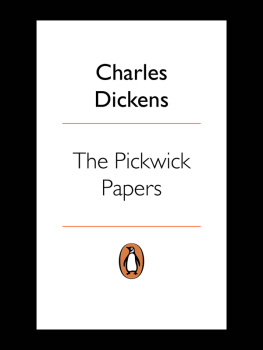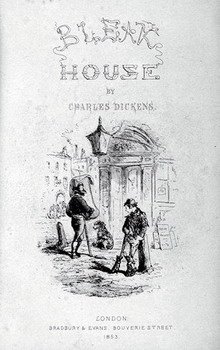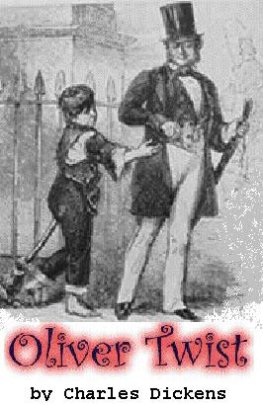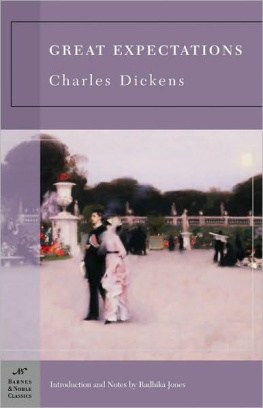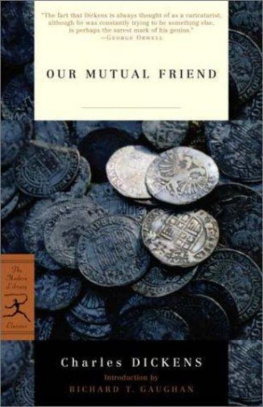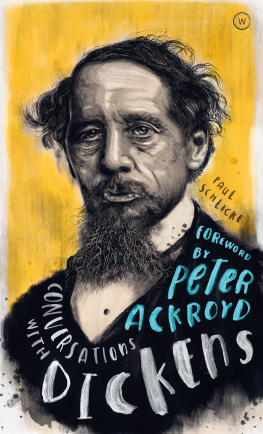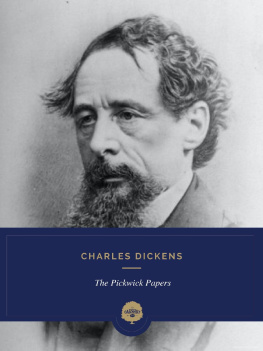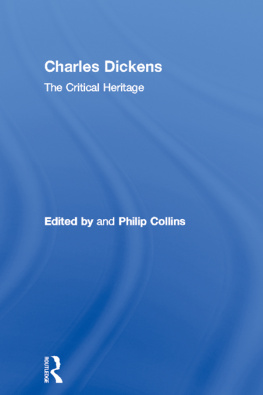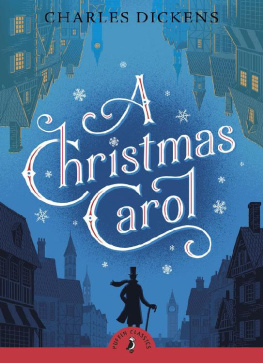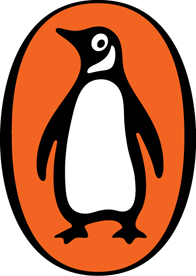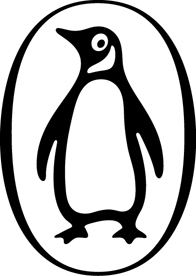Charles Dickens was born in Portsmouth on 7 February 1812, the second of eight children. Dickenss childhood experiences were similar to those depicted in David Copperfield. His father, who was a government clerk, was imprisoned for debt and Dickens was briefly sent to work in a blacking warehouse at the age of twelve. He received little formal education, but taught himself shorthand and became a reporter of parliamentary debates for the Morning Chronicle. He began to publish sketches in various periodicals, which were subsequently republished as Sketches by Boz. The Pickwick Papers was published in 18367 and after a slow start became a publishing phenomenon and Dickenss characters the centre of a popular cult. Part of the secret of his success was the method of cheap serial publication he adopted; thereafter, all Dickenss novels were first published in serial form. He began Oliver Twist in 1837, followed by Nicholas Nickleby (1838) and The Old Curiosity Shop (184041). After finishing Barnaby Rudge (1841), Dickens set off for America; he went full of enthusiasm for the young republic but, in spite of a triumphant reception, he returned disillusioned. His experiences are recorded in American Notes (1842). Martin Chuzzlewit (18434) did not repeat its predecessors success but this was quickly redressed by the huge popularity of the Christmas Books, of which the first, A Christmas Carol, appeared in 1843. During 18446 Dickens travelled abroad and he began Dombey and Son while in Switzerland. This and David Copperfield (184950) were more serious in theme and more carefully planned than his early novels. In later works, such as Bleak House (1853) and Little Dorrit (1857), Dickenss social criticism became more radical and his comedy more savage. In 1850 Dickens started the weekly periodical Household Words, succeeded in 1859 by All the Year Round; in these he published Hard Times (1854), A Tale of Two Cities (1859) and Great Expectations (186061). Dickenss health was failing during the 1860s and the physical strain of the public readings which he began in 1858 hastened his decline, although Our Mutual Friend (1865) retained some of his best comedy. His last novel, The Mystery of Edwin Drood, was never completed and he died on 9 June 1870. Public grief at his death was considerable and he was buried in the Poets Corner of Westminster Abbey.
Mark Wormald was educated at Magdalen College, Oxford. He won an Eric Gregory Award for poetry in 1995. He is a Fellow and Director of Studies in English at Pembroke College, Cambridge.
1812 | 7 February Charles John Huffam Dickens born at Portsmouth, where his father is a clerk in the Navy Pay Office. The eldest son in a family of eight, two of whom die in childhood. |
1817 | After previous postings to London and Sheerness and frequent changes of address, John Dickens settles his family in Chatham. |
1821 | Dickens attends local school kept by a Baptist minister. |
1822 | Family returns to London. |
1824 | Dickenss father in Marshalsea Debtors Prison for three months. During this time and afterwards Dickens employed in a blacking warehouse, labelling bottles. Resumes education at Wellington House Academy, Hampstead Road, London, 18257. |
1827 | Becomes a solicitors clerk. |
1830 | Admitted as a reader to the British Museum. |
1832 | Becomes a parliamentary reporter after mastering shorthand. In love with Maria Beadnell, 183033. Misses audition as an actor at Covent Garden because of illness. |
1833 | First published story, A Dinner at Poplar Walk, in the Monthly Magazine. Further stories and sketches in this and other periodicals, 18345. |
1834 | Becomes reporter on the Morning Chronicle. |
1835 | Engaged to Catherine Hogarth, daughter of editor of the Evening Chronicle. |
1836 | Sketches by Boz, First and Second Series, published. Marries Catherine Hogarth. Meets John Forster, his literary adviser and future biographer. The Strange Gentleman, a farce, and The Village Coquettes, a pastoral operetta, professionally performed in London. |
1837 | The Pickwick Papers published in one volume (issued in monthly parts, 18367). Birth of a son, the first of ten children. Death of Mary Hogarth, Dickenss sister-in-law. Edits Bentleys Miscellany, 18379. |
1838 | Oliver Twist published in three volumes (serialized monthly in Bentleys Miscellany, 18379). Visits Yorkshire schools of the Dotheboys type. |
1839 | Nicholas Nickleby published in one volume (issued in monthly parts, 18389). Moves to 1 Devonshire Terrace, Regents Park, London. |
1841 | Declines invitation to stand for Parliament. The Old Curiosity Shop and Bamaby Rudge published in separate volumes after appearing in weekly numbers in Master Humphreys Clock, 184041. Public dinner in his honour at Edinburgh. |
1842 | JanuaryJune First visit to North America, described in American Notes, two volumes. Georgina Hogarth, Dickenss sister-in-law, becomes permanent member of the household. |
1843 | Speech on the Press to Printers Pension Society, followed by others on behalf of various causes throughout Dickenss career. A Christmas Carol published in December. |
1844 | Martin Chuzzlewit published in one volume (issued in monthly parts, 18434). Dickens and family leave for Italy, Switzerland and France. Dickens returns to London briefly to read The Chimes to friends before its publication in December. |
1845 | Dickens and family return from Italy. The Cricket on the Hearth published at Christmas. Writes autobiographical fragment, ? 18456, not published until included in Forsters Life (three volumes, 18724). |
1846 | Becomes first editor of the Daily News but resigns after seventeen issues. Pictures from Italy published. Dickens and family in Switzerland and Paris. The Battle of Life published at Christmas. |

